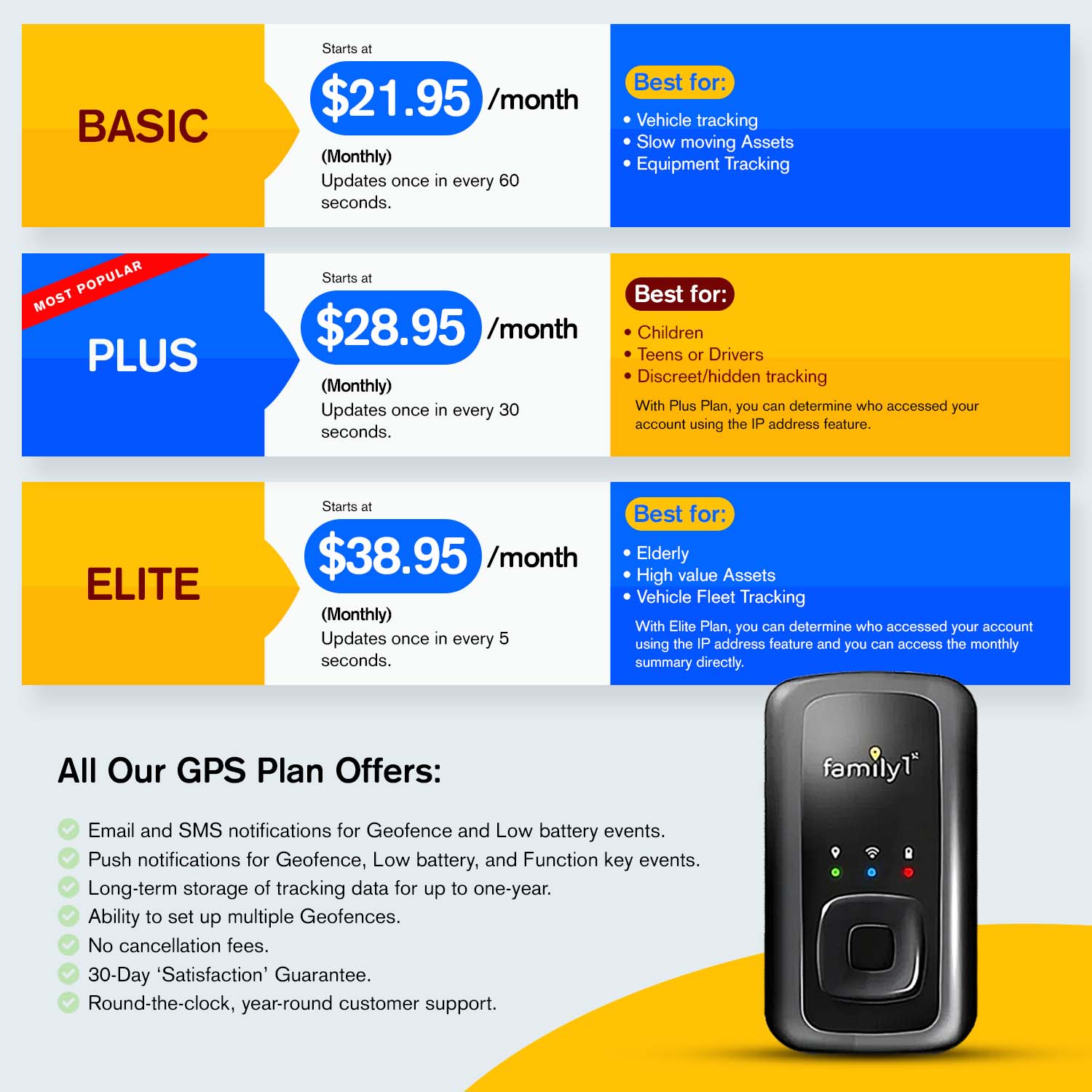GPS tracking devices provide 5 to 10 meters accuracy, while RTK systems achieve centimeter-level precision. Signal strength, obstructions, and interference affect reliability.
Accuracy improves with multi-constellation receivers, A-GPS, external antennas, and updates. A clear sky view, minimal interference, and strong battery enhance performance.
What is GPS Tracking and How it Works?
GPS tracking is a system that uses satellites to determine the location of an object, person, or vehicle. It helps in navigation, security, and real-time monitoring.
It works by using satellites to determine the exact location of a device. A GPS tracker calculates its position by receiving signals from multiple satellites and measuring the time they take to arrive.
Read More: How GPS Tracking Works
How Accurate Are GPS Tracking Devices?
GPS tracking devices provide accuracy within 5 to 10 meters in normal conditions. Signals can be less accurate in tunnels, crowded areas, or bad weather.
Advanced GPS systems, like those in surveying and aviation, can be accurate to a few centimeters. These systems use extra signals and technology to improve precision.
Types of GPS Trackers and Their Accuracy
Standalone GPS Trackers
Standalone GPS trackers provide 5 to 10 meters accuracy in open areas but lose precision in weak signal environments.
Smartphone GPS Trackers
Smartphone GPS trackers offer 3 to 10 meters accuracy but may be less reliable in urban areas with obstructions.
Vehicle GPS Trackers
Vehicle GPS trackers achieve 3 to 5 meters accuracy and use Assisted GPS (A-GPS) for better performance.
Fitness and Wearable GPS Trackers
Wearable GPS trackers provide 3 to 10 meters accuracy, though accuracy drops in dense areas or indoors.
Asset Tracking GPS Devices
Asset trackers offer 5 to 15 meters accuracy, depending on satellite visibility and signal interference.
Real-Time Kinematics (RTK) GPS Trackers
RTK GPS trackers provide centimeter-level accuracy, making them ideal for surveying and precision mapping.
Satellite GPS Trackers
Satellite GPS trackers maintain 5 to 15 meters accuracy but may experience slight delays due to direct satellite communication.
Factors Affecting the Accuracy of GPS Trackers
Signal Strength
Signal strength affects GPS accuracy as signals travel long distances through the atmosphere. Weather conditions, buildings, and obstacles can weaken signals, making location tracking less precise.
Atmospheric Conditions
Atmospheric conditions like rain, snow, and storms can slow or disrupt GPS signals. Solar activity and ionospheric disturbances also interfere with signal transmission, causing location errors.
Obstructions
Obstructions such as buildings, trees, and tunnels can block or reflect GPS signals. Natural obstacles like mountains and valleys also interfere with positioning, reducing accuracy.
Interference
Interference from radio signals, jamming devices, and electromagnetic fields disrupts GPS tracking. Power lines and electronic equipment can cause distortions, leading to incorrect location readings.
Hardware Quality
Hardware quality impacts GPS accuracy, as high-quality devices have better antennas and processors. Outdated or low-quality trackers struggle with weak signals and slower processing.
Software Algorithms
Software algorithms process satellite data to determine precise locations. Advanced software filters out errors and improves accuracy, even in challenging conditions.
How to Improve GPS Tracker Accuracy
Use a Multi-Constellation GPS Receiver
A GPS tracker that connects to multiple satellite systems like GPS, GLONASS, and Galileo provides better accuracy. More satellites mean a stronger signal and fewer tracking errors.
Enable Assisted GPS (A-GPS)
A-GPS improves location accuracy by using mobile networks and Wi-Fi along with satellite data. This helps the tracker get a faster and more precise position, especially in cities.
Ensure a Clear View of the Sky
GPS signals are best when there are no tall buildings, trees, or tunnels blocking the tracker. Placing it in an open area helps it get a stronger signal and more accurate readings.
Keep the GPS Device Updated
Updating the GPS firmware and software helps improve accuracy by fixing bugs and improving signal processing. An updated device performs better and tracks locations more precisely.
Use External GPS Antennas
An external antenna helps boost signal reception, especially in vehicles or areas with weak satellite coverage. A stronger signal leads to more reliable tracking.
Use Real-Time Kinematics (RTK) for High Precision
RTK GPS trackers use correction signals to provide location accuracy within centimeters. This is useful for surveying, farming, and other tasks that require precise positioning.
Ensure Strong Battery Performance
A low battery can weaken GPS signals and cause tracking issues. Keeping the device fully charged helps maintain strong signal reception and accurate tracking.
Conclusion
GPS tracking devices provide accurate location data, but various factors can affect their precision. Signal strength, obstructions, and environmental conditions can reduce accuracy, while advanced technology like RTK can improve it.
Using high-quality hardware, updated software, and multi-constellation satellite connections enhances tracking performance. Ensuring a clear sky view, avoiding interference, and maintaining battery life further help in achieving better accuracy.






This really helped me understand what affects GPS accuracy, i have always wondered why sometimes it drifts